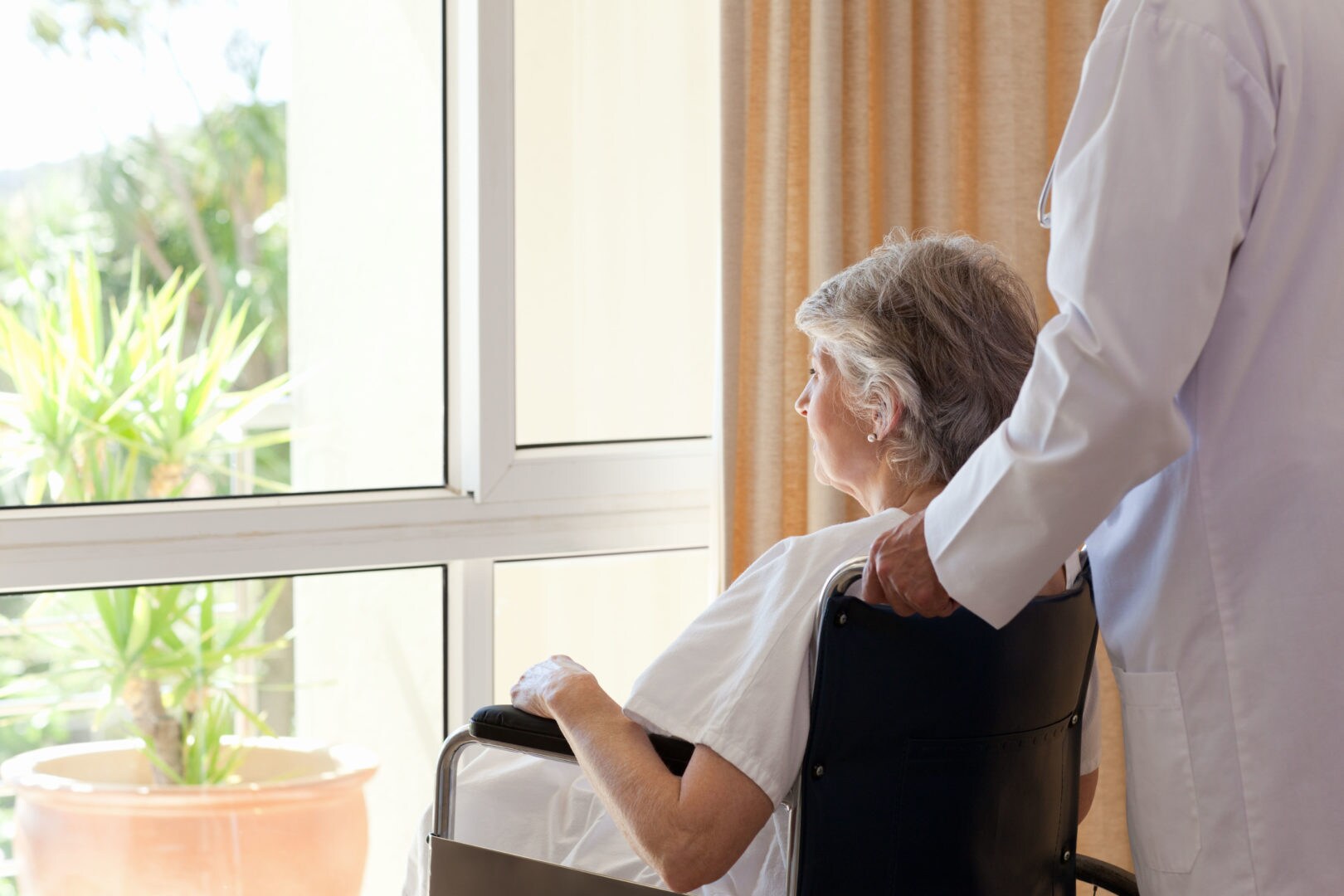In my personal email account, there is an email folder marked “A” that stores well over 300 email chains. It spans the time from when a dear friend was diagnosed with terminal cancer in the week before Christmas 2010, until the news of her death in August 2012. When I heard about her diagnosis, I was too stunned to formulate an emotional response. (Maybe once you are a parent all you think of is in practicalities – my only response was, I have to help.) That’s where the emails came in – I offered to help her by being her virtual PA, organising as much on line for her as I could: shopping lists, informing school, organising a rota of visitors, helping her to draft her will.
In the first few days the messages from A and then from her friendship circle came thick and fast, organising and sharing details about her personal life, things that needed to be done, to do lists and email addresses for people to be contacted. My most urgent task was sending her news by email – first, letting people know of her illness – second, with either updates on her health and then organising a rota of people to help her and visit her. I read some of them back recently, asking myself – was I sensitive enough to other peoples’ feelings? Was I helpful in the information I gave – did it help her, her family or her friends? In the email folder, there are several from her, which simply said THANK YOU, or SO GLAD THIS IS OFF THE TO DO LIST!
An expressive talker, writer and thinker, A would normally have sent long, detailed, funny emails. But chemo was tiring. Having chemo and looking after 2 young children was tiring. Being a widow with terminal cancer, having chemo and 2 children was more than tiring. So, emails became like telegrams, caps lock instead of the hug, kiss or smile, which A would give out to friends in happier times.
Those emails stretch across several months, like people passing a baton along a precarious and heart-rending race. They stretch over months instead of the few weeks she was told that she had left to live, one gloomy December day. Those emails gave us all hope, a lifeline – maybe she would come through this? – and in the end, a record of her.
“I hope …” she would often start one of the emails – and it was hope for the simplest thing, such as “ … someone can make it over to take me to chemo next week?”. “I’d love to …” started some others, as we made plans for holidays and dinners and day trips.
The emails in that folder from her friends, are like hands stretching out to take over the next task: a cooked meal; clearing out the garage; providing cheerful company and conversation – those hands outstretched to A holding her hands, as she faced her unfathomable burden.
Rest in peace, dear friend, we’ve got it covered.
